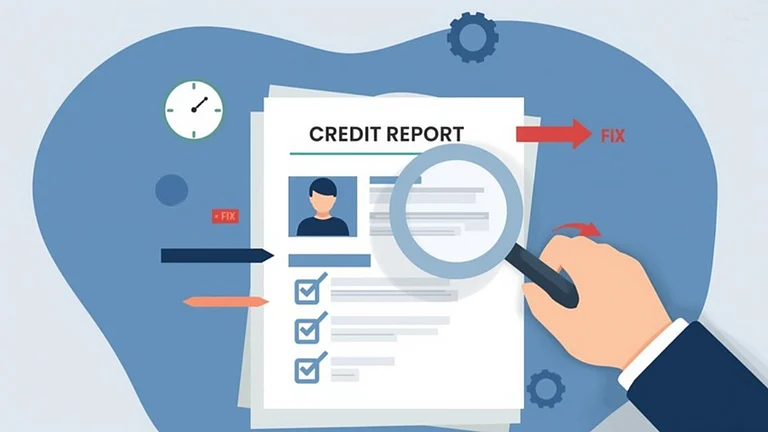
Summary of this article
Frequent credit applications signal financial stress to lenders quickly.
High debt-to-credit ratio lowers score despite timely payments.
Multiple accounts increase risk of missed or late payments.
Credit cards have become an essential part of managing personal finances. It enables users to earn incentives, pay for regular expenses, and progressively establish credit. However, certain habits can unintentionally harm your credit score. One such habit is credit hunger, which, if overlooked can negatively impact your financial health.
What Is Credit Hunger
Credit hunger refers to the frequent or repeated attempts to apply for credit, such as loans or credit cards, within a short period of time. This behaviour can show excessive dependence on borrowed money or financial hardship. Your credit score can also take a sudden drop even if you pay off your current debts on time if you show credit hunger. Here are the reasons.
Key Reasons Credit Hunger Can Lower Your Credit Score
1. Multiple Hard Inquiries
Your credit report is subject to a hard inquiry every single time you apply for a credit card or loan. If you make several credit inquiries in a short period, lenders might think you are constantly looking for more credit. This can be seen as risky as it shows you could be taking on too much credit, and you could come across as someone who is struggling to manage his/her finances. Such activity can negatively affect the way your credit score is calculated.
2. Frequent Account Openings
Repeatedly opening new accounts in a short span of time signals potential financial instability. Lenders and scoring models will view this as a risky trait as this may suggest a reliance on borrowed financing and one’s lack ability to manage their finances. A borrower’s credit-hungry habit can seriously affect their credit and reduce their overall score
3. Higher Debt to Credit Ratio
People may borrow more than they can easily manage when they apply for additional credit on a regular basis, as it raises the percentage of credit they are using relative to their total available credit. A high debt to credit ratio signals to lenders that you depend heavily on borrowed funds which can make you appear financially stretched and lead to a lower credit score.
4. Increased Risk of Missed Payments
Having multiple new credit accounts at the same time can make it difficult to stay on top of payments. When someone frequently seeks new credit they usually end up taking on more debt than they can actually handle. Missing even a single payment can lower your credit score, since lenders place a lot of importance on your payment history when evaluating your creditworthiness.














